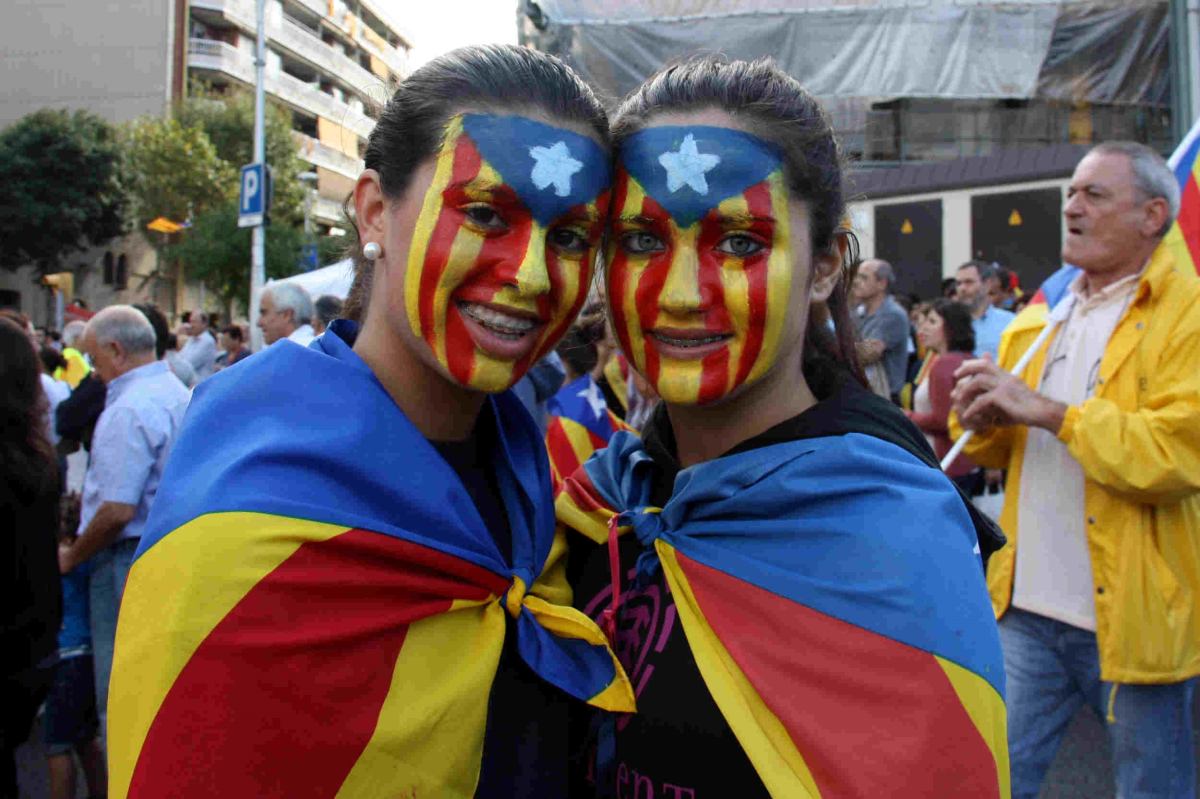Since the middle of the 17th century, Catalonia had been a republic under the protection of France. The death of Charles II of Spain in 1700 triggered the War of the Spanish Succession in which an alliance of European nations wanted to stop France and Spain merging under Philip Anjou, who had been chosen by Charles as his successor.
On September 11th 1714, the 14 month long siege of Barcelona finally came to an end, when the forces of the Bourbon King Philip V of Spain defeated the Catalan troops who had been fighting to support the Hapsburg dynasty.
The defeat meant the end of the Principality of Catalonia and the perceived loss of liberty and freedom when the region was fully integrated into Spain.
Unusually the holiday marks a defeat rather than a victory, but marking the day as a holiday is meant to represent the liberties that were lost that day and to encourage Catalans to resist oppression.
This holiday was first celebrated at the end of the 19th century, though it was suppressed during General Franco’s rule from 1939, and was only reinstated as a public holiday in Catalonia in 1980 following the restoration of the Autonomous Government of Catalonia on December 31st 1979.
